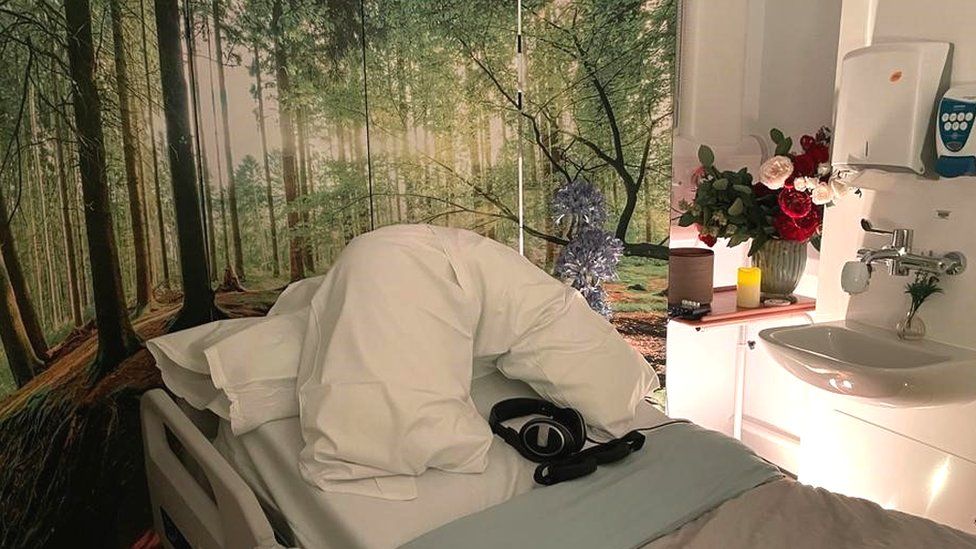A 25mg tablet of psilocybin puts patients in a dreamlike state, making psychological therapy more likely to succeed.

But the short-term side-effects could be frightening and support must always be on hand, the researchers said.
Experts say larger studies with a much longer follow-up are still needed.
An estimated 100 million people worldwide have serious clinical depression that does not respond to any available treatments – 30% attempt suicide.
Scientists have been studying the effects of psilocybin on mental-health disorders for years.
‘Waking dream’
Most had been severely depressed for more than a year and were aged around 40, the researchers, from the Institute of Psychiatry, Psychology and Neuroscience at King’s College London and South London and Maudsley NHS Foundation Trust, said.
After one 25mg dose of Comp360 psilocybin, alongside psychotherapy:
- one in three were no longer diagnosed as depressed at three weeks
- one in five saw a significant improvement at 12 weeks
Study author and consultant psychiatrist Dr James Rucker said the drug was thought to have “a direct action on the brain, putting it into a more flexible state and providing an window of opportunity for therapy”.

The patients, lying on a bed in a calm room, experienced a psychedelic “trip” – which one described as “a waking dream” – for six to eight hours.
“It can be very positive but it can also be negative,” Dr Rucker told BBC News.
“Difficult memories from the past can come up, for example, at the same time as feeling a reconnection with yourself and your feelings.”
A therapist was on hand to provide support.
Safety concern
The following day and a week later, the patients were given psychological support to talk through their experience.
“Patients go from ‘What is wrong with me?’ to ‘What happened to me?'” psychotherapist Nadav Liam Modlin said.
Some patients in all groups experienced side-effects, such as headaches, nausea, extreme tiredness as well as thoughts about suicide.
This was not unusual, the researchers said – but other experts say it could be a safety concern.
‘Long-lasting problem’
University of Edinburgh head of psychiatry Prof Andrew McIntosh said the trial provided “the strongest evidence so far to suggest that further, larger and longer randomised trials of psychedelics are justified”.
“Psilocybin may [one day] provide a potential alternative to antidepressants that have been prescribed for decades,” he added.
But other experts point out the effects were starting to wear off after 12 weeks.
“Depression can be a long-lasting problem and much longer follow-up periods than 12 weeks should be used,” Dr Ravi Das, from University College London, said.
A larger trial due to start soon will study how many doses are needed to prevent depression returning.
It could be three years before the drug is close to being authorised, researchers say.
Source:https://www.bbc.com/



















Add Comment